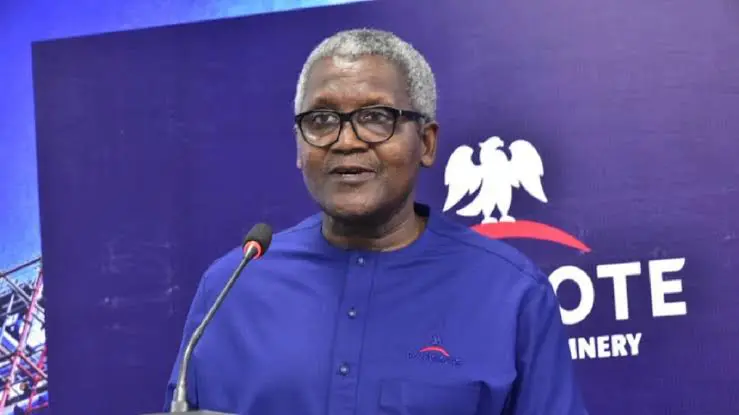The Council for the Regulation of Engineering has voiced concerns about the frequent collapses of buildings in Nigeria, stating that the nation cannot investigate such incidents.
This was disclosed by the President of COREN, Professor Sadiq Abubakar during a press briefing in Abuja recently, according to The Punch.
Abubakar said that while building collapses are not peculiar to Nigeria, one of the biggest problems facing the nation is its incapacity to look into and bring charges against those who cause them.
“We can’t investigate building collapse in Nigeria. We don’t have the expertise, the equipment, and the resources to do so,” he said.
He identified several causes for the frequent collapse of buildings, including the use of inferior materials, structural failure, quackery, unlawful building conversions, and insufficient oversight during the building process.
He also noted the usage of undersized reinforcement irons and the growing cost of cement as major concerns.
The COREN president disclosed that from July 14 this year alone, 22 cases of building collapse had been reported in Nigeria, with Lagos accounting for 28 per cent of the incidents.
Additionally, he said that since 2012, more than 91 buildings in Lagos have collapsed, killing over 354 people.
Abubakar emphasized that a coordinated effort is required to combat the threat while praising the emergency services and security agencies’ responses to building collapse occurrences.
He disclosed that COREN would organise a national summit to bring together stakeholders to find a lasting solution to the problem.
The president of COREN also disclosed that the council has established an ERM task force in each of the seven areas, as well as trained and licensed engineering regulation and monitoring inspectors, to monitor and avoid building collapse.
He also proposed the permission of the establishment of engineering intelligence and surveillance whistleblowers.
He stressed that building collapse was a national emergency that required a coordinated approach to address.
He urged the cross-personalization of ideas to combat the threat and urged the public to contribute helpful information regarding troubled buildings.










